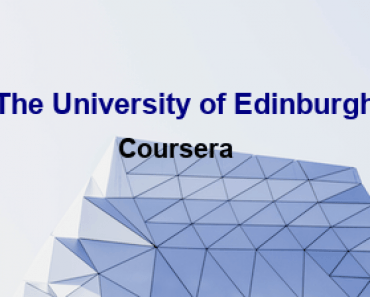Description
It’s clear that the world needs more intellectual humility. But how do we develop this virtue? And why do so many people still end up so arrogant? Do our own biases hold us back from becoming as intellectually humble as we could be—and are there some biases that actually make us more likely to be humble? Which cognitive dispositions and personality traits give people an edge at being more intellectually humble – and are they stable from birth, learned habits, or something in between? And what can contemporary research on the emotions tell us about encouraging intellectual humility in ourselves and others?
Experts in psychology, philosophy and education are conducting exciting new research on these questions, and the results have important, real-world applications. Faced with difficult questions people often tend to dismiss and marginalize dissent. Political and moral disagreements can be incredibly polarizing, and sometimes even dangerous. And whether it’s Christian fundamentalism, Islamic extremism, or militant atheism, religious dialogue remains tinted by arrogance, dogma, and ignorance. The world needs more people who are sensitive to reasons both for and against their beliefs, and are willing to consider the possibility that their political, religious and moral beliefs might be mistaken. The world needs more intellectual humility.
In this course, we will examine the following major questions about the science of intellectual humility:
• How do we become intellectually humble?
• What can human cognition tell us about intellectual humility?
• How does arrogance develop, and how can we become more open-minded?
• How do emotions affect our ability to be intellectually humble?
All lectures are delivered by leading specialists, and the course is organised around a number of interesting readings and practical assignments which will help you address issues related to humility in your daily life.
This course can be taken as a part of a series which explores the theory, the science and the applied issues surrounding intellectual humility. In the previous course on the theory behind intellectual humility, we considered how to define intellectual humility, the nature of an intellectual virtue, and how we know who is intellectually humble. If you are interested, complete all three courses to gain a broader understanding of this fascinating topic. Look for:
• Intellectual Humility: Theory – https://www.coursera.org/learn/intellectual-humility-theory
• Intellectual Humility: Practice – https://www.coursera.org/learn/intellectual-humility-practice
Price: Enroll For Free!
Language: English
Subtitles: English
Intellectual Humility: Science – The University of Edinburgh
TUN Helps Students!
Scholarships
Community
Copyright, 2024 – TUN, Inc

